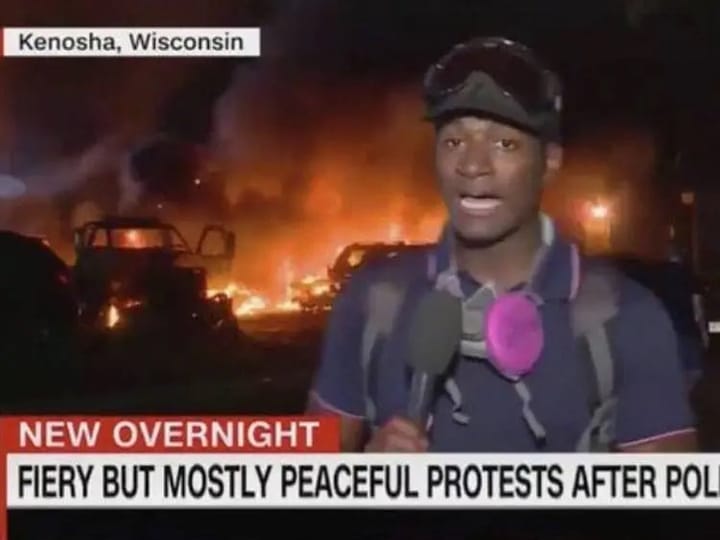The Long View 2006-04-10: The Iran War; Biography; The Truth about immigration
John Reilly said this in 2006, and I think he's still right:
I am sure I am repeating myself, but there are just three things to keep in mind with regard to the immigration crisis:
(1) The disposition of illegals currently in the country is almost irrelevant.
(2) The key issue is the size of future immigration.
(3) No law or policy will be effective without physical control of the borders.
My own preference would be to grandfather all illegals in country once border security is established. All of them would have to register and decide whether they were interested in eventual citizenship or simply guest-worker status. The latter would get cards allowing them to leave and enter the country. And no more such cards would be issued.
The Iran War; Biography; The Truth about immigration
That most wicked Spengler, at Asia Times, is not only egging on the Bush Administration to take preemptive action against Iran's nuclear program, but arguing that such an attack will solve the Administration's political problems:
God takes care of drunks, small children and the United States of America. Improbably, destiny has a surprise in store for George W Bush.
Spengler takes care to cite the long quotation of his own arguments for a attacking Iran that appear in The Weekly Standard. The Bush Administration does not read each issue of that publication with unalloyed pleasure, but it seems that elements of Spengler's thinking have descended from the outer blogosphere and are now looping through the inner system.
The proposal for a short, bloodless, metal-on-metal campaign has its detractors. Several of them have pieces in the Spring issue of The National Interest, notably The Osirak Fallacy, by Richard K. Betts. That article argues that Israel's strike in 1981 against Iraq's Osirak nuclear reactor actually accelerated Iraq's nuclear-weapons program (which we should recall turned out to be remarkably far advanced when it was inspected at the end of the Gulf War of 1990-1991). Those merits are mixed. I'm actually inclined to think that an attack on the Iranian sites would help the situation in Iraq. Even among the Shia, Iran has only minority support, and the aid that Iran has given to certain Iraqi militias has not endeared that country to the rest of the political factions. On the other hand, I have no idea how the attack would play in domestic American politics. Certainly the Serbian campaign would be a misleading analogy. The Serbian government publicly capitulated. There would be no comparable way to judge the success of an attack on Iran.
Then there is the legal issue. As I have said before, the Gulf War of 1990-1991 was, if anything, over legitimated, and the Iraq War's legality was at least colorable: fairly cogently regarding prior UN resolutions, and somewhat less so in light of the multinational policy against genocide. Neither factor applies in the case of Iran. Violation of the non-proliferation regime is not a casus belli.
The "strike" would not be an affair of an hour. It would take several days, probably with some input from special forces on the ground. There would be some interaction with the Iranian air force, and with its navy in the Gulf. The aim would be not so much to destroy Iran's nuclear weapons program (again, the results of the raids could never be accurately known) but to put Iran on notice.
I would not know how to draft the announcement of such an action.
* * *
At the risk of sounding insensitive, might I suggest that the PBS series, The American Experience, is running out of subjects? Last week it was an unwatchable treatment of Eugene O'Neill, whose plays are pretty unwatchable, too, but don't get me started. This week it's the Boy in the Bubble. Next week it's the Great San Francisco Earthquake: that has possibilities, but disasters are no substitute for the important biographies the series became famous for doing so well.
Are they running out of interesting Americans, or just Americans Who Mean Something?
* * *
The implicit open-borders immigration policy is the product of an alliance made in Hell. The Right wants cheap labor; the Left wants to replace enough of the current electorate to improve its own electoral chances. In both cases, the policy is self-defeating. The pro-business lobbyists are importing not just a low-wage workforce, but political risk. The Left is glad of the political risk, but has not yet quite taken on board just how hostile the illegal population is to the Left's cultural agenda. One would be tempted to stand back and watch both sides lose, were it not for the fact their mutual discomfiture would be accompanied by the end of America.
I am sure I am repeating myself, but there are just three things to keep in mind with regard to the immigration crisis:
(2) The key issue is the size of future immigration.
(3) No law or policy will be effective without physical control of the borders.
My own preference would be to grandfather all illegals in country once border security is established. All of them would have to register and decide whether they were interested in eventual citizenship or simply guest-worker status. The latter would get cards allowing them to leave and enter the country. And no more such cards would be issued.
Is this too simple?
Copyright © 2006 by John J. Reilly



Comments ()